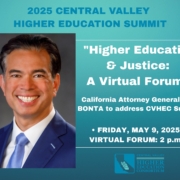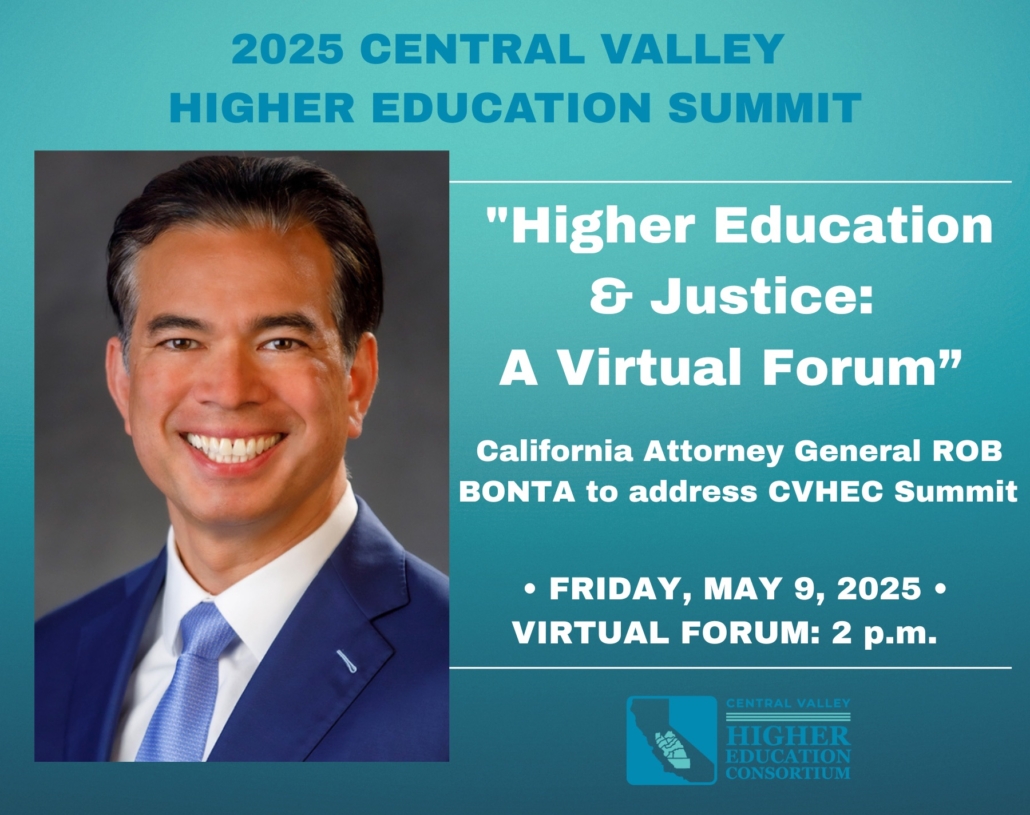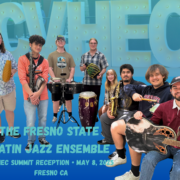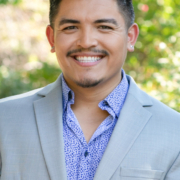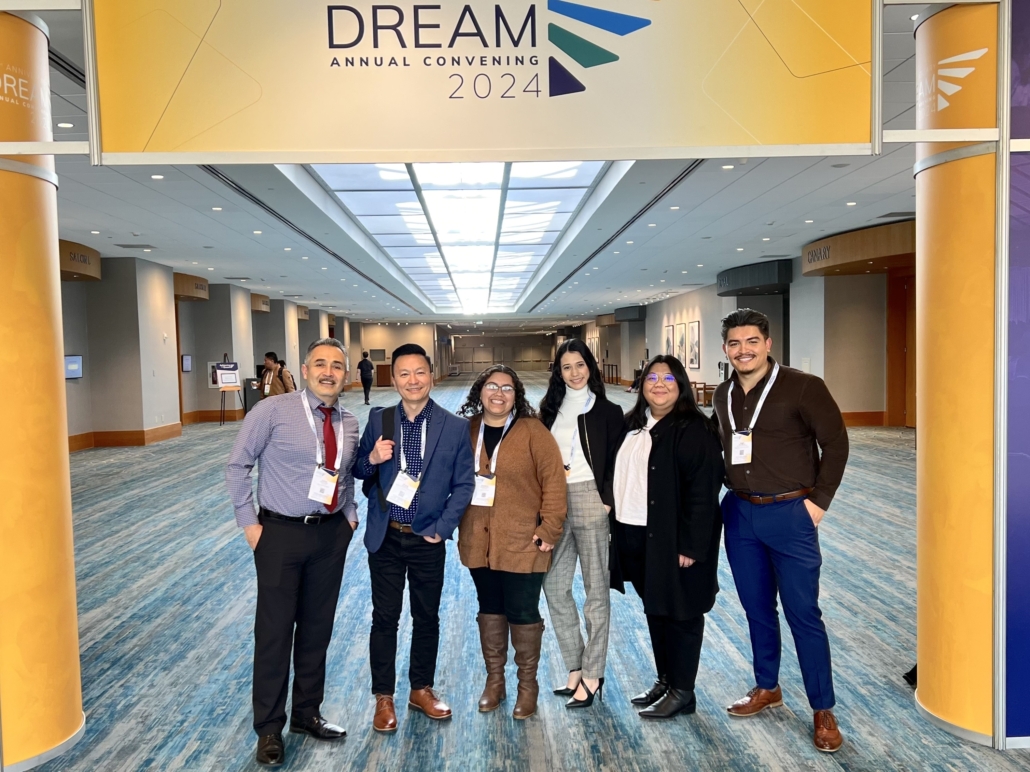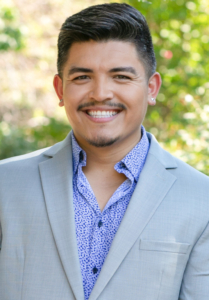CVHEC SUMMIT 2025 NEWS: California Attorney General Rob Bonta to update Valley’s college chancellors, presidents
SUMMIT UPDATES: •2025 CVHEC Summit Program FlipBook •Summit 2025 panelist bios •News release: CVHEC Summit 2025 panels
NOTE: Registration is now closed.
Panelists announced for CVHEC Summit May 9;
Congress, State Legislature reps to address funding cuts
BY TOM URIBES
CVHEC Communications/Media Coordinator
(May 7, 2025 — FRESNO, CA) – California Attorney General Rob Bonta will address the Central Valley Higher Education Consortium Summit 2025 Friday, May 9, in Fresno during a Zoom session, “Higher Education & Justice: A Virtual Forum,” where he will discuss with the heads of the valley’s university and colleges the litigation that he and a coalition of state attorneys general have initiated challenging Trump Administration executive orders affecting higher education.
Dr. Benjamín Durán, CVHEC executive director, announced today that Attorney General Bonta will connect at 2 p.m. via Zoom with the chancellors, presidents and campus directors who make up the CVHEC Board of Directors and other participants at the summit which will be from 9 a.m. to 3 p.m. at the DoubleTree by Hilton Hotel (2233 Cesar Chavez Blvd.).
Prior to Bonta’s talk, Congressmembers Jim Costa (21st District) and Adam Gray (13th District) and California State Assemblymember Esmeralda Soria (District 27) will present in-person updates at 12:30 p.m. regarding the elected officials’ efforts to address such issues as federal funding cuts and student concerns amidst deportation and other immigration actions by the Administration that took office in January.
In the opening morning panel, top administrators representing California’s four systems of higher education: California Community Colleges, California State University, University of California and the Association of Independent California Colleges and Universities, will discuss the current state of affairs and strategies within their respective systems at 9:15 a.m. to kick off the event’s five panel discussions.
Under the theme “Navigating Higher Education in a New Era – The Central Valley Way,” the summit will convene 175 educators, legislators, policy makers, community members and higher education professionals from throughout the valley’s 10-county region as well as from throughout the state and nation.
Duran also announced that registration for the free event, supported by event sponsor College Futures Foundation, reached capacity and is now closed.
CVHEC also recently announced names of other panelists for the summit including valley higher education leaders that serve on the consortium board who will be panel moderators and provide introductions of the panelists.
Duran said the annual summit takes on special significance this year with major changes occurring and he expects critical deliberation between political, community and education leaders in attendance.
“With the dismantling of the Department of Education and wholesale severance of federal funds, higher education now faces perhaps its biggest challenge in the nation’s history,” said Durán.
“Now, as massive ongoing policy and program changes hit, we find it imperative that our region’s university and college leaders deliberate critically but thoughtfully with legislators, policy makers and other educators in general to share our perspectives in search of concrete solutions for the benefit of our student populations. We must act judiciously.”
He said the 2025 summit, with leaders from the state’s higher ed systems collaborating with the federal and state legislators sets the stage for this interaction.
Duran also is superintendent/president-emeritus of Merced College, serving that tenure from 1998-2012 before he became the consortium executive director in 2015. He also served on the CVHEC Board when he was Merced College president.
The Attorney General’s office said Bonta will update the valley’s college leaders on his latest efforts “to hold the Trump Administration accountable to the law and protect our students and higher education institutions.”
Since President Trump took office for a second term, the Attorney General has filed lawsuits “challenging the unlawful mass firing at the U.S. Department of Education, the unlawful termination of education grants, unlawful NIH funding cuts that impact universities and research institutions, and the unlawful attempt to freeze nearly $3 trillion in nationwide federal funding.”
He and a coalition of attorneys general filed an amicus brief last month “challenging the Trump Administration’s executive orders allowing for the ideologically-motivated revocation of visas for students and faculty who exercise their free speech and association rights.”
The Attorney General has also proactively published information on immigrant rights and protections in California, including the right to an education.
Attorney General Bonta, who became the state’s 34th Attorney General in 2021, has led statewide fights for racial, economic and environmental justice and worked to further the rights of immigrant families, renters, and working Californians. He previously worked as a deputy city attorney for the City and County of San Francisco, served as an Alameda Council Member and represented Oakland, Alameda, and San Leandro in the California State Assembly. Bonta is the first person of Filipino descent to occupy the position.
“For so many, higher education is a key that opens doors to vibrant careers and unlocks access to the California Dream,” the Attorney General said about his address to the Central Valley’s higher education leaders and community.
“As the Trump Administration attacks colleges and universities that do not blindly fall in line with their demands, we must do all we can to defend, protect and invest in institutes of higher learning so they fulfill their role of inspiring future generations of leaders. From advancing scientific research to training school teachers to opening minds, encouraging freedom of speech and educating students, our colleges and universities play a critical role in our communities and our democracy.
“As Attorney General of California, I am proud to uplift and support the many colleges and universities that help make California great,” Bonta said.
The panelists
The summit will open at 9 a.m. with a board welcome by Dr. Juan Muñoz, UC Merced chancellor and chair of the CVHEC Board of Directors, followed by Durán reviewing the summit agenda.
The keynote panel, “Stronger Together: Aligning Systems for Equitable Outcomes,” from 9:15 to 10:15 a.m., will be moderated by State Center Community College District Chancellor Carole Goldsmith after CSU Stanislaus President Britt Rios-Ellis introduces the panel:
- Dr. Rowena M. Tomaneng, California Community Colleges deputy chancellor;
- Nathan Dietrich, California State University assistant vice chancellor of University Relations and Advancement;
- Yvette Gullatt, University of California vice president for Graduate and Undergraduate Affairs, vice provost for Equity, Diversity and Inclusion, and chief diversity officer;
- Alex Graves, Association of Independent California Colleges and Universities vice president for Government Relations.
A panel featuring student testimony, “In Their Words: Real Students Talking about Central Valley Strategies,” follows from 10:30 to 11:15 a.m. facilitated by Lemoore College President James Preston. Columbia College President Lena Tran will introduce the student panelists.
The student panelists are two college students: Aracelli Tilley, Merced College and UC Merced, and Zeidi Diaz, Fresno State; and three Dinuba High School students: Abigail M. Soto Toscano, Izabella Cavazos and McKenzie Rosas.
The third panel, “Data at Every Level: Sharing National, State, and Local Insights,” will be moderated by Merced College President Chris Vitelli. Coalinga College President Carla Tweed will introduce the panelists:
- Dr. Brandon Protas, assistant vice president for Alliance Engagement for the national higher education advocacy organization, Complete College America;
- Dr. Hans Johnson, senior fellow for the Public Policy Institute of California;
- Dr. Zenaida Aguirre-Muñoz, principal investigator of the UC Merced Advancing Educational Opportunity in the Central Valley Project;
After lunch, the legislative update panel, “The Path Forward: Higher Ed Policy and the New Administration,” from 1 – 1:45 p.m. will be moderated by Chancellor Muñoz after Porterville College President Primavera Monarrez introduces the panelists serving in the United States Congress and the State Legislature.
The final panel before the closing session, “What the CVHEC is Happening in the Central Valley,” from 1:45 to 2:30 p.m. will be moderated by Durán after Fresno Pacific University President André Stephens introduces the panelists:
- Dr. James Zimmerman, UC Merced, will discuss the Central Valley Transfer Project with an update since its designation as a California Community Colleges Demonstration Projectwas announced at the 2023 CVHEC Summit.
- Dr. Kristin Clark, CVHEC Dual Enrollment lead, will discuss dual enrollment models; data showing how the Central Valley leads the state; and the CVHEC Master’s Upskilling Project’s collaboration with K-16 partners and how 250 high school teachers are projected by 2026 to earn the graduate degree required to teach dual enrollment courses at their respective campuses.
- Dr. Lynn Cevallos, president/founder of College Bridge, will discuss the Central Valley Math Bridgeproject in partnership with CVHEC community college members and K-16 partners.
For the summit’s Closing Comments session, “Where Do We Go from Here?” from 2:30 to 3 p.m., Durán will discuss plans for a regional data project and a campaign to support former students seeking to complete degree requirements, the Central Valley Reconnect Project.
“The CVHEC summit will provide our panelists and participants alike the opportunity to share their thoughts on these tumultuous times and help lay foundation to unite for formidable action,” Duran said. “This year’s CVHEC summit attendees will leave with a good understanding of the work Central Valley higher education institutions have been doing.”
The CVHEC board also will hold a quarterly meeting the day before followed by the CVHEC Welcome Reception from 5:30 – 7:30 p.m. (Thursday, May 8) for registered summit participants featuring the Fresno State Latin Jazz Ensemble.
- Event questions:contact Ángel Ramírez, CVHEC Associate Director, at angelr@csufresno.edu or 559.278.0576.
- CVHEC media inquiries: Tom Uribes, CVHEC communications lead text 559.348.3278 or cvheccommunications@mail.fresnostate.edu
- ATTORNERY GENERAL media inquiries: (916) 210-6000 or AGPRESSOFFICE@DOJ.CA.GOV
- For event updates:see the Summit 2025 event page, subscribe to the free CVHEC monthly e-newsletter or visit CVHEC social media platforms.
ABOUT CVHEC
The Central Valley Higher Education Consortium (CVHEC) is a California non-profit made up of institutions of higher education in the ten-county region from San Joaquin to Kern that is the size of some states. Through CVHEC, higher education professionals and academicians in the Central Valley address difficult and complex initiatives, scaling them up across the region for mutual effectiveness to serve our students and communities.

